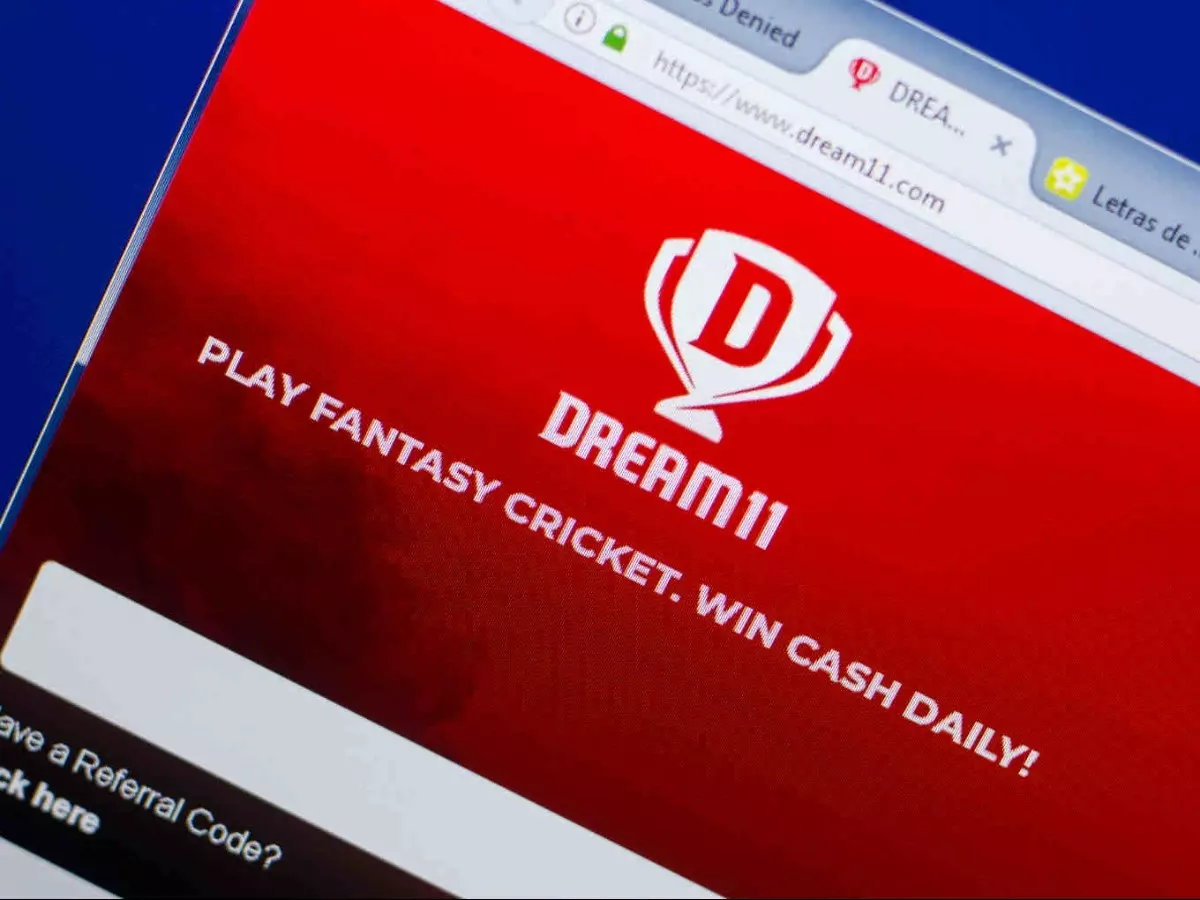What Is Retrospective Tax, Which Has Led To Gaming Companies Facing Rs 55,000 Crore Notices
A couple of days ago, the Directorate General of GST Intelligence (DGGI) sent out a dozen pre-show cause notices to online real money gaming companies over GST dues of about Rs 55,000 crore.

A couple of days ago, the Directorate General of GST Intelligence (DGGI) sent out a dozen pre-show cause notices to online real money gaming companies over GST dues of about Rs 55,000 crore.
Which Company Received India's Biggest Indirect Tax Notice?
 indiafilings
indiafilings
These included a GST notice of over Rs 25,000 crore to fantasy sports platform Dream11, which is possibly the largest indirect tax notice served in the country, as per an ET report citing sources having knowledge of the matter.
Given that gaming companies are set to face the introduction of 28% GST on October 1, many people are puzzled as to why these massive notices were slapped on gaming companies. Moreover, more notices are expected in the coming weeks, with the total GST demand raised by DGGI from gaming companies expected to touch Rs 1 lakh crore, said industry executives.
But why are gaming companies being sent such massive amounts of pre-show cause notices? Well, this is due to retrospective taxation.
What Is Retrospective Taxation?
Retrospective tax is a combination of the words ¡°retrospective¡± and "tax,¡± where ¡°retrospective¡± means taking effect from a date in the past and ¡°tax¡± refers to a new or additional levy of tax on a specified transaction. So, retrospective tax means creating an additional charge or levy of tax by way of an amendment from specified a date in the past.
What Should Gaming Companies Do?
 inc42
inc42
Fantasy sports platform Dream 11, which received the biggest tax notice, has approached the Bombay High Court this week challenging the show cause notices issued by the authorities for alleged evasion of GST. The notices were for the financial years 2017¨C18 and 2018¨C19 and alleged GST evasion of 28% on the amount levied for providing gambling services to users.
Dream 11 claimed that the notices were based on the premise that the service supplied by Dream 11 amounts to gambling. Due to this, the authorities were levying and recovering differential GST on the contest entry amount, which included not just the fee for the platform but also the prize pool amount as an actionable claim, as per Bar and Bench.
It clarified that GST on actionable claims could not be levied on it as it was neither a supplier nor a recipient of the claim but merely provided a platform.
¡°It is imperative for gaming companies to engage in a constructive dialogue with the government. By apprising them of the wide-ranging impact of these tax demands, the companies could advocate for a more balanced approach,¡± said Ankit Jain, partner at Chartered Accountancy firm Ved Jain & Associates.
Jain opined that by approaching the government, the companies could push for the GST Council to implement these tax changes prospectively rather than retroactively, thereby mitigating immediate financial hardships while allowing for an adaptive business transition, as per the Moneycontrol report.
In July 2023, the GST Council, the body responsible for making recommendations on issues related to the implementation of GST, decided to levy a 28 percent GST on the full value of online gaming, with no distinction between games of skill and chance. The tax slab rate was made applicable retrospectively, as a result of which the online gaming companies started receiving demand notices for the past period.
On September 28, the Central Board of Indirect Taxes and Customs (CBIC) chairman Sanjay Kumar Agarwal clarified that they were ready to impose 28 percent GST on online gaming companies from October 1.
Also Read: Govt Ready To Bring Diesel & Petrol Under GST
How Ashneer Grover Reacted To Rs 55,000 Crore Notices
 gqindia
gqindia
?55,000 crore GST demand ! I am intrigued ki Tax vaalo ke dimaag mein kya chalta hoga aise notice bhejte samay. The only explanation is - kuchh nahi. Monopoly ki game chal rahi hai bas. Na koi tax dega itna - na Sarkar ko milega. Milegi sirf vakilo ko fees jo SC mein ise¡ pic.twitter.com/BB1b9g3R4E
¡ª Ashneer Grover (@Ashneer_Grover) September 26, 2023
Former Shark Tank India judge Ashneer Grover, who is the fantasy gaming app Crickpe's founder, in a strongly-worded tweet, slammed the tax authorities for issuing massive tax demand notices to gaming companies.
The former BharatPe founder questioned the thought process of people running the tax department and said that their goal is just to ''harass businessmen.'' Ridiculing the exercise, he said that neither the people would pay the hefty taxes nor would the government be able to collect them. The ''game of monopoly'' will only benefit lawyers who challenge the policy in the Supreme Court, he added.
Ashneer Grover further remarked that this is called a 'retrospective tax.' While Congress levied the Vodafone Retrospective Tax, the BJP has come up with the Gaming GST Retrospective Tax, he said. He took a jibe, saying that this is not helping the government's vision of achieving a $5 trillion economy, and requested the Finance Ministry address the issue.
For the latest and more interesting financial news, keep reading Indiatimes Worth. Click here
